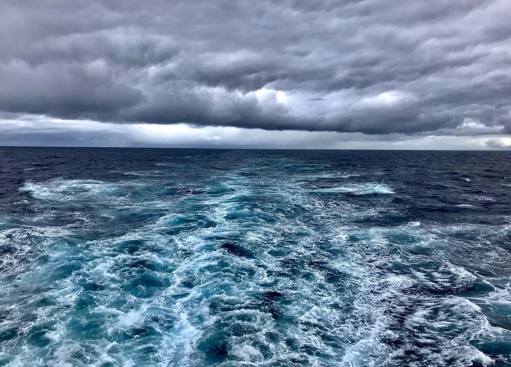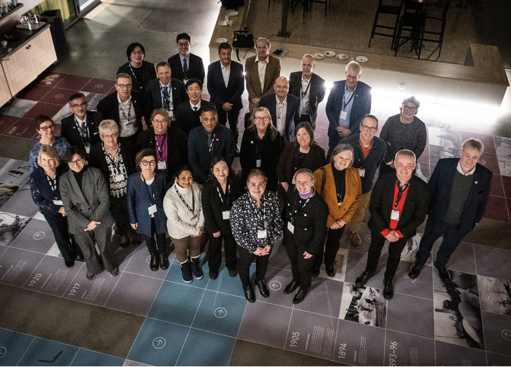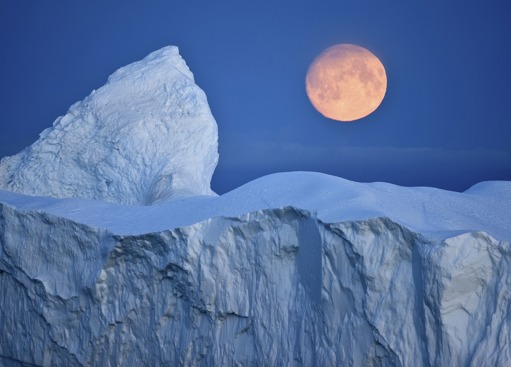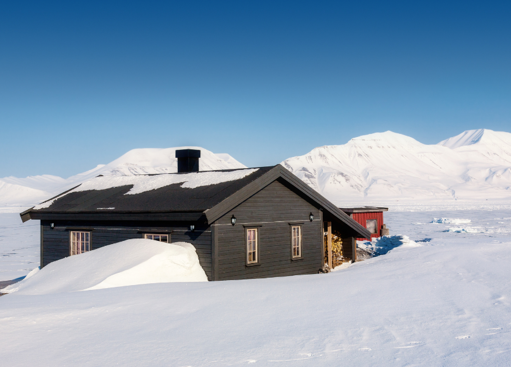
International Polar Year 2032-33 - Initial Concept Note October 2023
In October 2023, the organisations currently involved in the Planning Group have released an inital concept note and timeline for the 5th International Polar Year 2032-33 that can be downloaded below.

International Polar Year 2032-33 - Initial Concept Note October 2023
Read More
International Polar Year 2032-33 - Initial Concept Note October 2023
In October 2023, the organisations currently involved in the Planning Group have released an inital concept note and timeline for the 5th International Polar Year 2032-33 that can be downloaded below.
In October 2023, the organisations currently involved in the Planning Group have released an inital concept note and timeline for the 5th International Polar Year 2032-33 that can be downloaded below.
For more information and to provide feedback please contact the Secretariats of the International Arctic Science Committee (IASC) (info@iasc.info) and the Scientific Committee on Antarctic Research (SCAR) (info@scar.org).
Why an International Polar Year in 2032–33?
This is a critical decade for people and the planet. Extreme weather, rising temperatures, rising sea levels, and devastating events such as droughts, floods, wildfires, marine warming, ocean acidification, and record lows in sea ice extent are becoming ever more prevalent, affecting ecosystems, economies, and human wellbeing around the world. Many changes are taking shape faster than previously predicted, and as the IPCC 6th Assessment Report made clear, many of the most serious consequences are linked to unprecedented changes in the Arctic and Antarctic. The urgency of understanding the consequences of such rapid change in the polar regions for global climate, biodiversity and human societies is now clear and has never been greater.
A 5th International Polar Year (IPY) will provide a vital opportunity to close outstanding major knowledge gaps through targeted attention and globally-coordinated action enabling polar researchers, knowledge holders, rights holders and stakeholders to achieve major breakthroughs in the knowledge required to protect the global environment, develop effective national and local strategies to mitigate and adapt to environmental changes, and accelerate progress towards achieving the UN Sustainable Development Goals.
Download the IPY Concept Note (October 2023)
IPY5 News




Republic of Korea to Host the Joint SCAR-IASC Polar Conference in 2030
The Scientific Committee on Antarctic Research (SCAR) and the International Arctic Science Committee (IASC) are excited to announce that the Republic of Korea has been selected as the host for the Joint SCAR-IASC Polar Conference in 2030. This decision was made following a comprehensive selection process by both SCAR and IASC Delegates.
Posted on 08 October 2024
Read this article

Call for Organisations to Join the International Polar Year (IPY) 2032-33 Planning Group
The planning for the 5th International Polar Year in 2032-33 is currently underway. Planning discussions have been underway between 31 organisations since 2021 and an initial IPY-5 Concept Note and planning timeline was published in October 2023.
Posted on 11 July 2024
Read this article